- Preston City Council local elections 2024 candidates list set out
- Blog Preston reaches crowdfunding goal for expanded arts and culture coverage
- Harris Institute owners move to squash ‘for sale’ rumours
- “Unacceptable” and “must do better” as Preston records highest rough sleeper count since records began
- Preston Animate cinema reaches highest point in construction
Preston’s Covid infection rate remains in England’s top 10 as Ribble Valley sees a sharp rise
Posted on - 11th March, 2021 - 7:52pm | Author - Rachel Smith | Posted in - Fylde News, Health, Politics, Preston News, Ribble Valley News, South Ribble News, Wyre News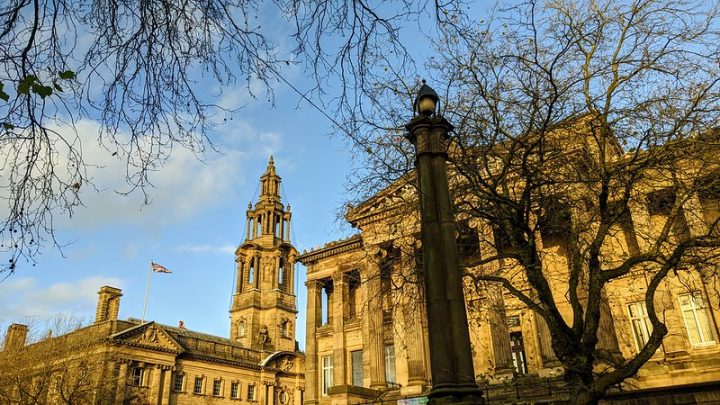
Preston’s coronavirus infection rate remains amongst the highest in England as another area of Lancashire is showing a rapidly rising infection rate.
AdvertisementNew confirmed cases for Thursday (11 March) showed 28 new cases in Preston.
South Ribble saw 25 new coronavirus cases for the same day.
Ribble Valley recorded 10 cases, Chorley up by 12, Wyre just four and Fylde just six new cases.
See the latest coronavirus cases near you
Latest infection rate data shows Preston has the fifth highest infection rate in England at 143.9 cases per 100,000 people for the seven days to March 7, down from 149.5 cases per 100,000 people for the seven days to February 28.
Data for the most recent four days (March 8-11) has been excluded as it is incomplete and does not reflect the true number of cases.
Ribble Valley’s infection rate has risen for the same date period, up to 101.8, from 67.3.
South Ribble’s Covid rate is 109.2, down from 121.9.
Chorley is now at 55, down from 94.7 and Fylde is also down to 74.3, from 105.2.
Wyre’s rate is 35.7, down from 67.8.
Read more: Covid marshal and Moor Park skater in verbal altercation
Covid vaccine roll-out of first jabs approaching half-way stage and teaching union warning over teenagers mixing out of school
Latest figures show 23million people in the UK have now received a first dose of a Covid-19 vaccine.
In England 44.3 per cent of people aged 18 and over have received a jab, according to population estimates from the Office of National Statistics.
See the latest coronavirus vaccine figures and information
The vaccine figures come as the president of a teaching union has said teenagers mixing outside of school posed a risk as schools returned.
Richard Sheriff, president of the Association of School and College Leaders (ASCL), warned it could be “dangerous” if the reopening of schools in England prompts greater social mixing among young people.
Speaking ahead of ASCL’s virtual annual conference, Mr Sheriff also said parents with “pointy elbows and lawyer friends” could widen the equality gap if they apply pressure to teachers deciding grades this year.
Read more: Reps Gym in Ribbleton raided by police as arrest made for breaching Covid closure order
His comments came as millions of pupils returned to class in England after months of remote lessons.
Mr Sheriff said: “What we’re finding is that young people have already taken licence to meet socially outside of school and this isn’t just in say more deprived communities. This is in all kinds of communities.
“And, unbeknownst to us adults, young people particularly teenagers are gathering, they’re meeting in each other’s homes. They’re doing that.
“And being at school of course prompts to say well ‘we’re together at school so why not be at home?’
“I think in school, controls are really good, but outside school, if going back to school is a signal that ‘everything’s fine we can just carry on as we are’ that’s the dangerous bit for me.”
“Children socialising outside of school and in each other’s homes is more of a risk to infection spreading than it is in school,” he added.
Read more: See the latest Preston news and headlines



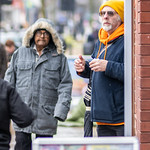



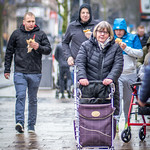
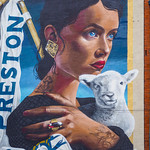

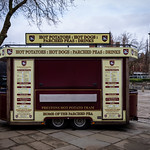

 Advertisement
Advertisement